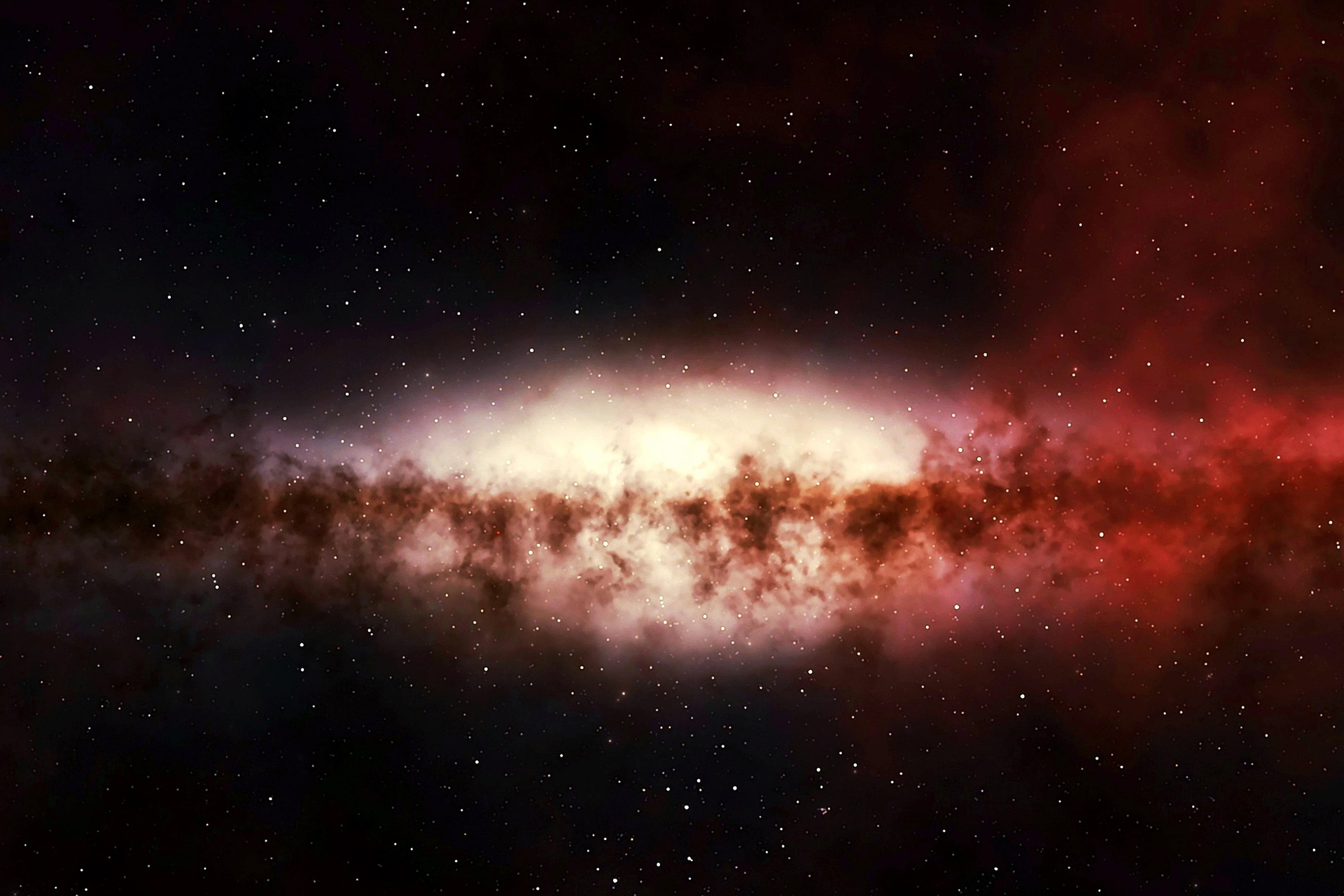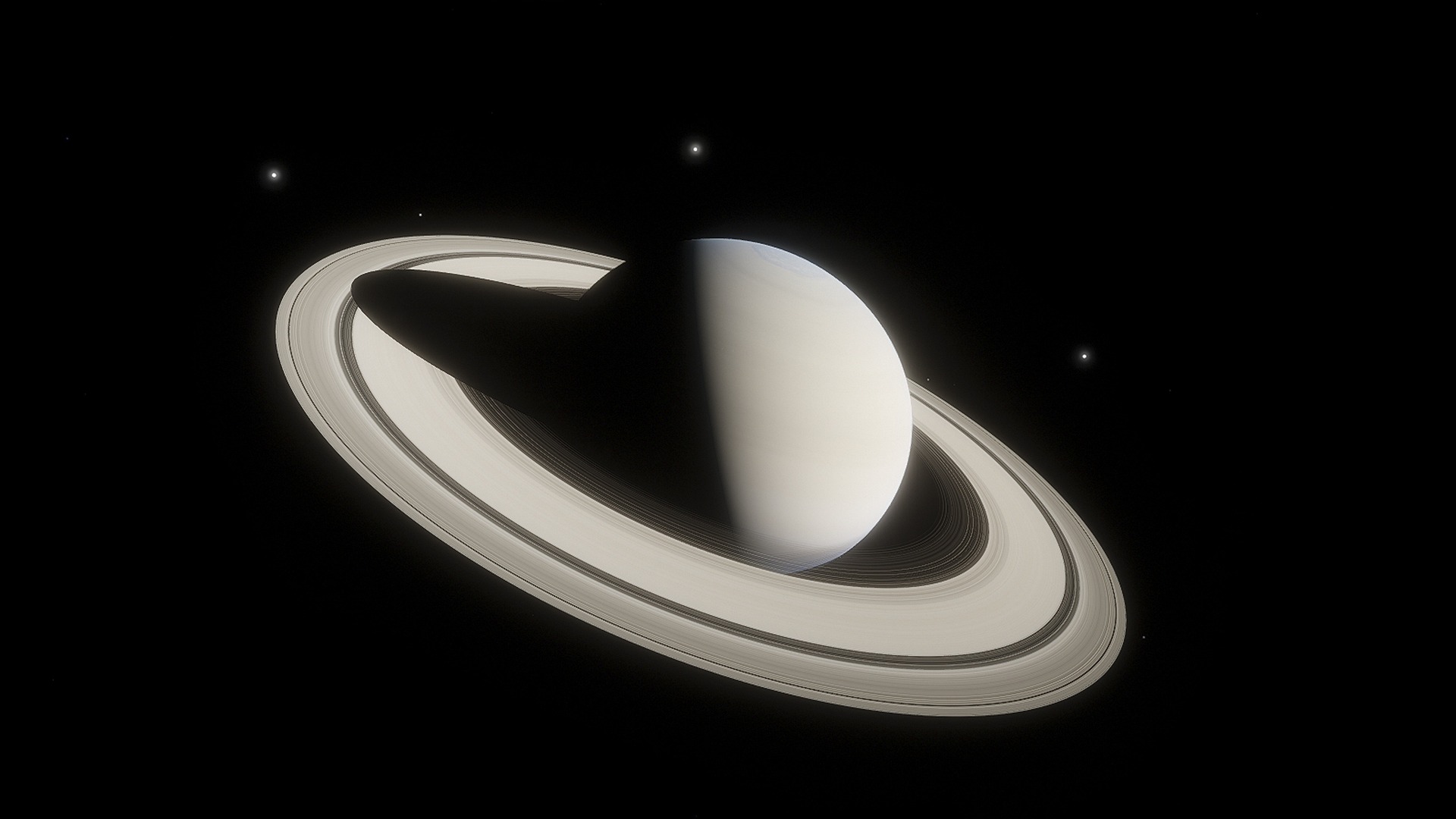Microplastic pollution is emerging as a serious threat to global food systems, with new research revealing that these tiny particles can significantly impair photosynthesis in both land-based crops and ocean algae. According to a study led by scientists at Nanjing University and published in the Proceedings of the National Academy of Sciences, microplastics could reduce photosynthetic efficiency by as much as 12%.
Impacting the planet’s green engines
The study, which analyzed data from 157 earlier studies, found that microplastics interfere with plant processes in several ways. On land, they can block sunlight from reaching leaves, disrupt water and nutrient absorption through the roots, and introduce harmful chemicals into plant tissues. These effects combine to lower chlorophyll levels—essential for photosynthesis—and ultimately diminish plant growth.
For key global crops like wheat, rice, and maize, this reduction in photosynthetic efficiency could cut yields by up to 14%. That equates to staggering annual losses: roughly 60 million tons of rice, 76 million tons of wheat, and 109 million tons of corn, threatening global food security at a time when demand for staple crops continues to rise.
Oceans at risk too
The impacts extend beyond farms. In marine environments, microplastics have been shown to coat the surfaces of algae, curbing their ability to photosynthesize and, by extension, produce oxygen and serve as the foundation of aquatic food webs. The study suggests that such disruptions could lead to seafood production losses of up to 24 million tonnes per year, compounding threats to both fisheries and the communities that depend on them.
A growing crisis with urgent solutions needed
While the authors emphasize that further research is needed to refine these projections and fully grasp the long-term consequences, the evidence already paints a troubling picture. Microplastics are infiltrating ecosystems on a global scale—and their silent interference with photosynthesis is an underappreciated risk to food security, biodiversity, and environmental health.
For policymakers and environmental advocates, the findings add fresh urgency to calls for curbing plastic pollution and developing strategies to mitigate its widespread ecological impacts.





